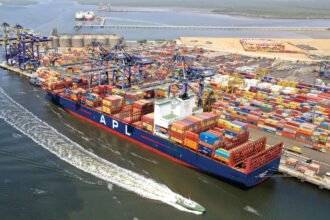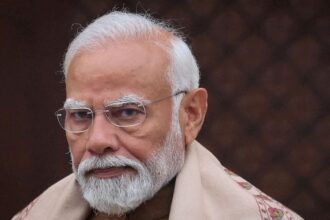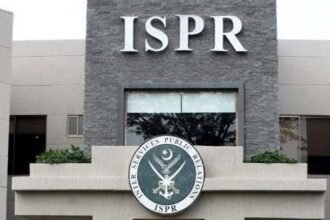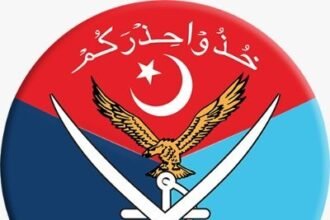Rebel leader Abu Mohammed al-Golani said on Sunday that Syrian state institutions would be controlled by former Prime Minister Mohammed Jalali.
Golani’s statement, signed under his real name – Ahmed al-Sharaa – prohibited military forces in Damascus from approaching civil society organizations and firing weapons into the air.
In an interview with Al Arabiya, Jalali, who was appointed prime minister by Assad in September, said he had been in contact with Shaara to discuss the management of the current transition period and that Syria should hold free elections.
Jalali said he remains in his home and is ready to support the continuation of the administration.
The Syrian Minister of Telecommunications, Eyad al-Khatib, said in an interview with “Al Arabiya” that he contacted the representative of Hayat Tahrir al-Sham, the representative responsible for Sharia telecommunication services. The secretary agreed that telecommunications and internet will continue to work.
Syrian rebel forces impose curfew in Damascus after seismic capture of capital
Syrian opposition forces have imposed a curfew in the capital Damascus after successfully capturing the city. The curfew will be in effect from 4:00 pm to 5:00 am every day, Reuters reported.
The move marks a dramatic shift in Syria’s conflict as rebels aim to consolidate their positions after an 11-day campaign that ended with the fall of Damascus.
Summary of the 11-Day Campaign: The Fall of Damascus
Over the past 11 days, opposition forces, including the jihadist group Hayat Tahrir al-Sham (HTS), have won significant victories as they march through key areas in Syria:
Capture of Aleppo: Opposition forces stormed northern Syria and captured Syria’s largest city, Aleppo, in the first few days.
Homs under siege: In the middle of the campaign, rebels are advancing south, quickly passing through the third largest city, Homs, in a strategic push towards Damascus.
Seizing Deir ez-Zor and Palmyra: Rebels have secured the oil-rich area of Deir ez-Zor and captured the historic city of Palmyra, cutting off a key government supply route.
Daraa and the South: Forces have consolidated control of Daraa, the cradle of the Syrian rebellion, in the south.
Damascus spring: The latest push into Damascus began late last week, with reports confirming that President Bashar al-Assad had fled the capital on December 7.
Rebel groups are now in full control of Damascus and have declared the effective collapse of the Syrian government. HTS commander Ahmed Al-Sharaa issued a directive banning militants from government offices and calling for continued government through former prime minister Mohammed al-Jalali.
Opposition groups joined forces in an effort to maintain order in the capital under curfew. Meanwhile, international observers are monitoring the situation, fearing instability and a humanitarian crisis.










